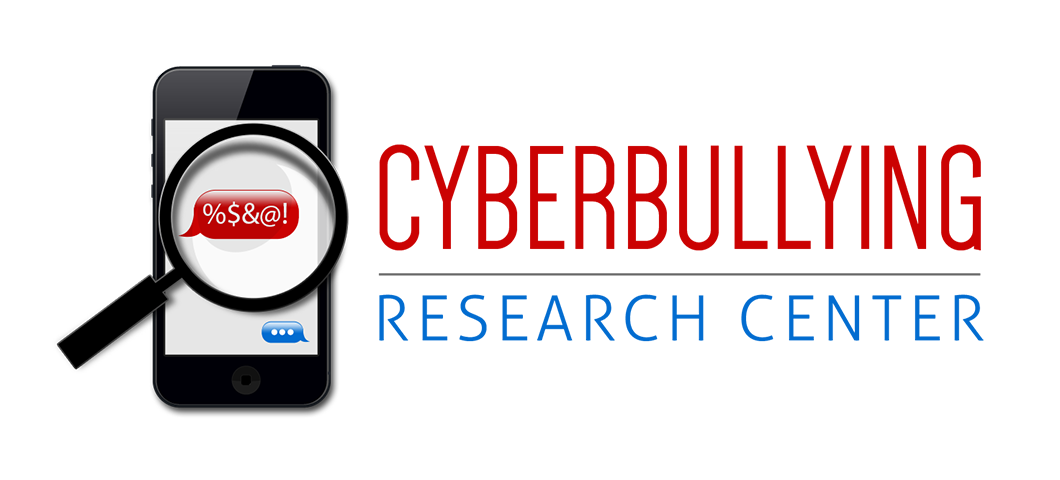
Recently, I spoke about cyberbullying on Wiki-type sites at the annual Answers.com conference in Atlanta, Georgia. Let me first say that the Answers.com community (employees of the company and volunteer supervisors and contributors) is top-notch. I absolutely loved being with them, witnessing their contagious passion for improving user experience on the site, and hearing their vision for the future. They were wonderful, highly-motivated, kind-hearted, and very, very smart.
Many people who don’t actively contribute in Web 2.0 user communities such as Answers.com don’t realize that cyberbullying is a nontrivial problem in these settings. Apart from spamming and general harassment, Wiki-based communities also have to wrestle with: Flaming (angry and insulting interaction between users); Trolling (posting controversial, inflammatory, irrelevant messages to provoke other users into an emotional response); Blanking (deleting a good answer in its entirety); Vandalizing (spoiling the quality of user contributions or pages); and Misadvising (providing incorrect or harmful answers to another’s question(s)).
After going through a number of examples of cyberbullying on Answers.com, I provided them with an evaluative rubric I created through which they could filter problematic content or pages or posts they saw. This would allow them to make distinctions as to what is cyberbullying, and what is not – and then respond accordingly. They have (and are continuing to implement) technological solutions to problem behaviors on the site, but I shared with them a variety of site-specific social solutions that I believe can help promote community self-regulation and the maintenance of a warm, inviting culture for new and existing users. The presentation was very well-received, and I look forward to working with them further as they continue to grow and expand.








I didn't even know such terms as "flaming","blanking" and "trolling" existed in the context of online communication. Thanks for keeping us educated and updated on this subject. That's exactly the reason I read this.
Sameer- let's talk about your evaluative rubric, sounds like something that we could think about for Togetherville.com!